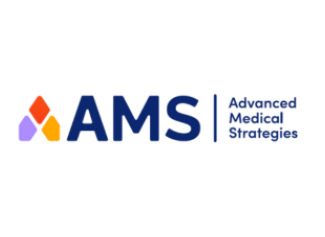
Clay Schwabe

Shashi Gowda
Shashi Gowda is CEO and co-founder of Devr and a member of its board of directors. A seasoned technology leader and entrepreneur, Shashi brings over 20 years of experience in the telecommunications, big data and emerging tech industries.
Devr provides tools for enterprises to design and orchestrate data privacy, enabling rich open ecosystems for data monetization with continuous compliance.
Shashi champions advances in digital transformation, data privacy and continuous compliance using emerging technologies such as Blockchain and AI. He is passionate about bringing technologies into highly regulated industries which enable them to innovate with data, in an era of growing privacy concerns, regulatory complexity, and high costs of non-compliance.
Before founding Devr, Shashi was CTO of Virtual Control and supported the sale of its AI and ML solutions to Agilent Technologies. Prior to that, Shashi held various technology design and leadership roles, at both corporates and at early-stage companies, and has worked across Asia, Europe, and the US.
Shashi earned his bachelor’s degree in bio-medical engineering from Boston University.






